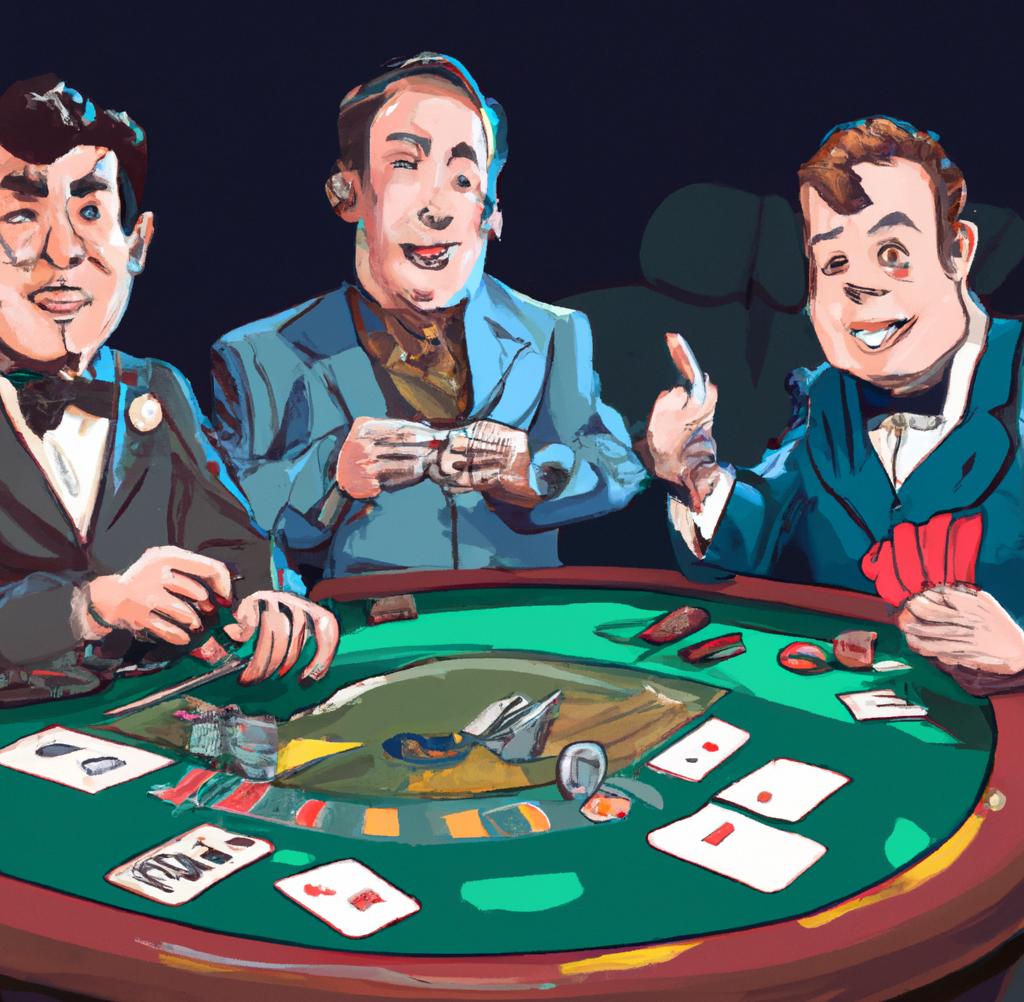Blackjack is one of the most popular casino games in the world. It’s a game that is loved by millions of people because it’s easy to learn, but difficult to master. One of the most common questions that beginners ask when they start playing blackjack is whether the dealer automatically wins a tie or not.
Let’s start by defining what a tie in blackjack is. A tie, also known as a push, occurs when both the player and the dealer have hands with the same total value. For example, if the player has a hand with a total value of 17 and the dealer also has a hand with a total value of 17, it’s considered a tie.
Exclusive BlackJack Casino Offers:
The answer to whether the dealer automatically wins a tie in blackjack is no. In fact, in most casinos around the world, ties are considered pushes and no one wins or loses. This means that if you’re playing blackjack and you end up with a tie, your bet will be returned to you.
However, there are some variations of blackjack where ties are not considered pushes. In these variations, if there’s a tie between the player and the dealer, then the dealer wins. This rule is known as “dealer wins ties” or “DT” for short.
It’s important to note that DT is not very common and it’s usually only found in specific versions of blackjack. For example, some Las Vegas casinos use this rule for their single-deck games.
If you’re playing online blackjack, you should always check the rules before you start playing. The rules should be clearly stated on the website where you’re playing and if they’re not clear, don’t hesitate to contact customer support for clarification.
Now that we’ve answered whether or not dealers automatically win ties in blackjack let’s look at some other rules that can affect your gameplay:
– Blackjack pays 3:2: This means that if you get an ace and any card with a value of 10 (10, Jack, Queen, King), you’ll receive a payout of 3:2. For example, if you bet $10 and get blackjack, you’ll receive a payout of $15.
– Insurance: If the dealer’s upcard is an ace, you’ll be offered insurance. This means that you can place a side bet that the dealer has blackjack. If the dealer does have blackjack, you’ll receive a payout of 2:1 on your insurance bet.
– Doubling down: You can double your original bet if your first two cards have a total value of 9, 10 or 11. When you double down, you’ll receive one more card and then stand.
– Splitting pairs: If your first two cards are a pair (two cards with the same value), you can split them into two separate hands. You’ll need to place an additional bet equal to your original bet and play each hand separately.
In conclusion, the dealer does not automatically win a tie in blackjack. Ties are usually considered pushes and no one wins or loses.
However, there are some variations of blackjack where ties are not considered pushes and the dealer wins. It’s important to check the rules before playing any version of blackjack and to familiarize yourself with all the rules that can affect your gameplay.





